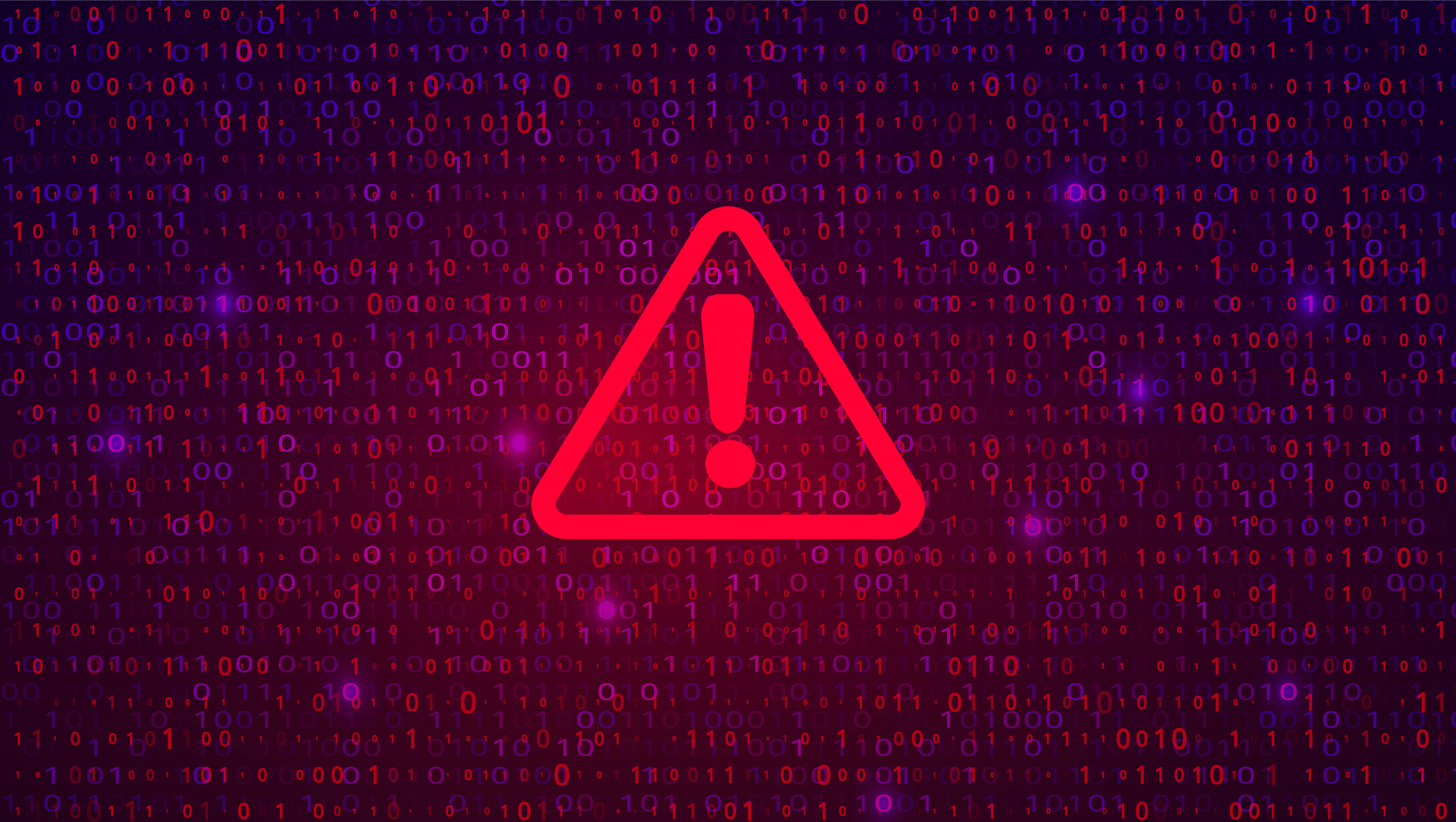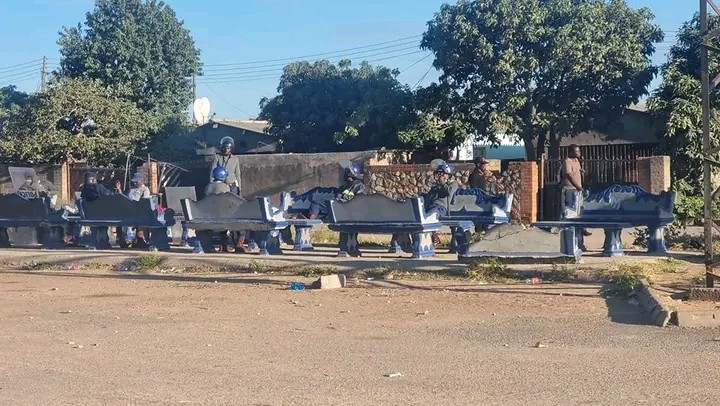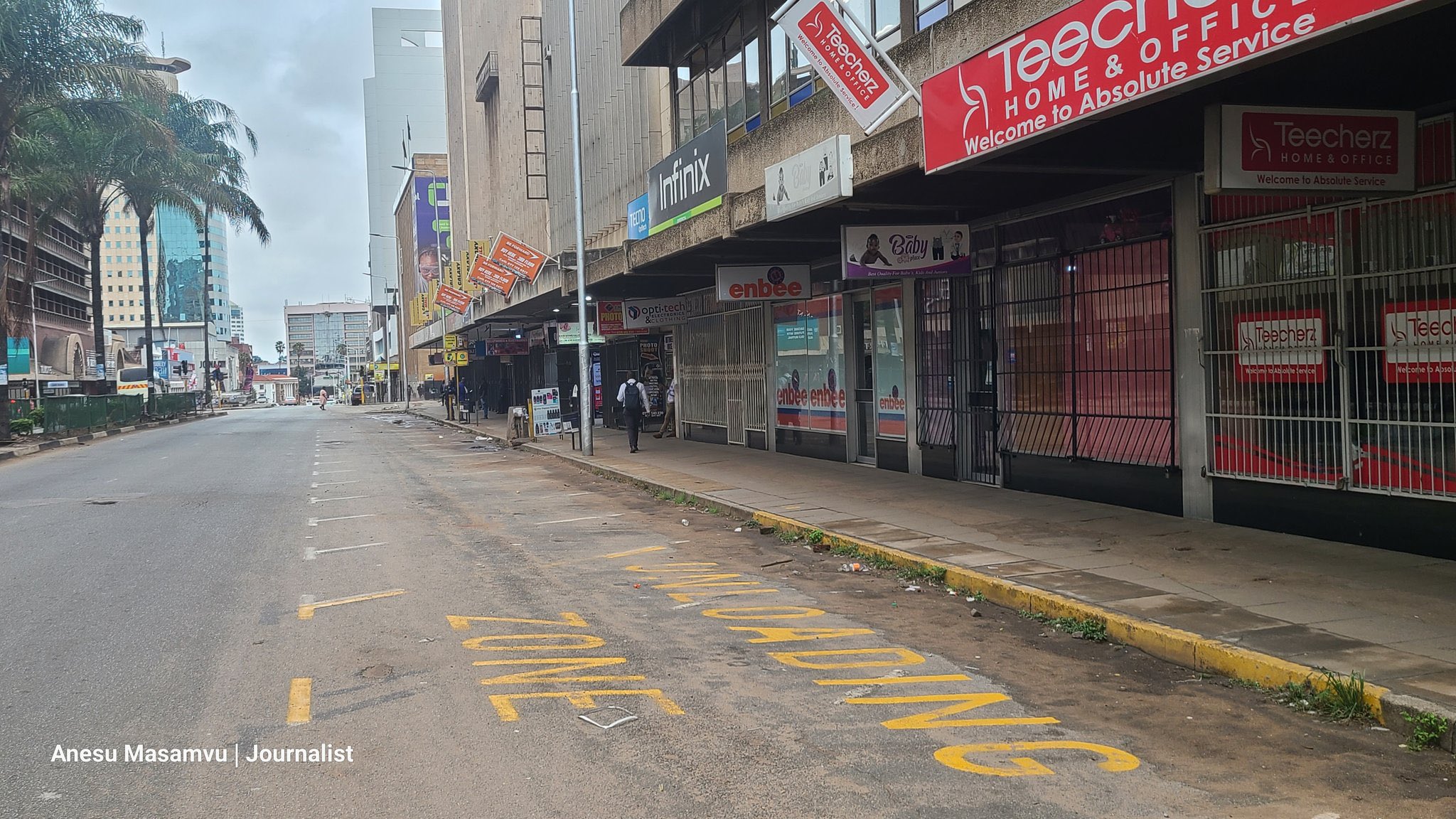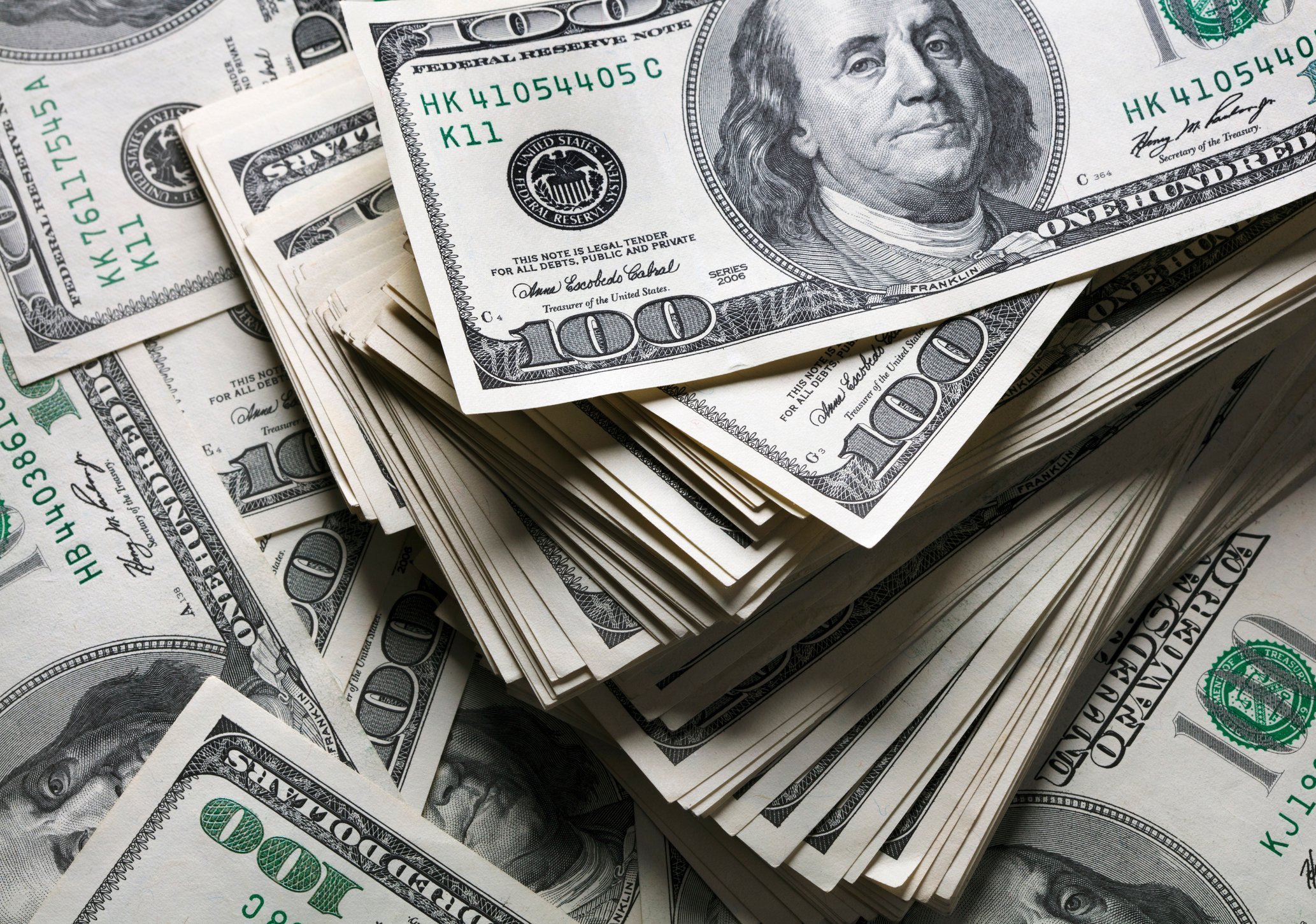
Gladys
Chihozhwa
displays
the
pills
she
buys
from
informal
medicine
vendors.
Like
many
in
Zimbabwe,
Chihozhwa
turns
to
unlicensed
vendors
for
affordable
medication,
despite
knowing
the
drugs
may
be
expired
or
counterfeit.
Photo
credit:
Gamuchirai
Masiyiwa,
GPJ
Zimbabwe
This
story
was
originally
published
by
Global
Press
Journal.
HARARE,
ZIMBABWE
—
It’s
possible
to
buy
pretty
much
anything
at
the
market
in
Hopley,
an
informal
settlement
south
of
this
capital
city:
rat
poison,
mops
—
even
medicine.
That
medicine
is
sold
without
prescriptions,
to
buyers
who
don’t
have
a
diagnosis
from
a
doctor
in
hand.
Some
vendors
even
offer
diagnoses
to
their
customers,
even
though
they
don’t
have
any
medical
training.
And
in
many
cases,
the
medicine
is
fake.
At
any
moment,
police
could
swoop
in
for
a
raid.
Vendors
keep
the
medicine
out
of
view,
and
buyers
know
who
to
ask.
Gladys
Chihozhwa
buys
contraceptive
pills
from
one
of
them,
and
even
turns
to
the
vendors
for
diagnoses
when
she’s
sick.
She
knows
the
drugs
might
be
expired,
or
even
fake.
That
doesn’t
deter
her.
“I
buy
them
because
they
are
cheap,”
she
says.
Zimbabwe
is
overwhelmed
with
counterfeit
medicine,
driven
by
the
expansion
of
informal
markets
and
consumer
demand
for
cheaper
products.
Police
routinely
impound
pharmaceuticals.
In
just
one
example,
the
Medicines
Control
Authority
of
Zimbabwe
in
January
discovered
counterfeit
rabies
vaccines
in
circulation.
Their
packaging
mimicked
that
of
legitimate
imports
from
India,
a
big
supplier
of
Zimbabwe’s
medicine.
The
vaccines’
pathway
into
the
market
remains
unclear,
but
some
products
pour
into
Zimbabwe’s
informal
markets
through
its
leaky
borders
with
Zambia,
where
counterfeit
medicines
from
India
are
easily
available,
and
cheap.
The
consequences
of
this
trade
can
be
fatal.
According
to
a
2022
report
by
the
United
Nations
Office
on
Drugs
and
Crime,
in
sub-Saharan
Africa
alone,
counterfeit
medicines
kill
just
over
a
quarter
of
a
million
people
each
year.
Even
when
not
immediately
fatal,
they
can
cause
long-term
harm,
including
increasing
antibiotic
resistance,
says
Dr.
Grant
Marewanhema,
a
public
health
expert.
In
a
written
response,
public
relations
officer
Davison
Kaiyo
says
the
Medicines
Control
Authority
of
Zimbabwe
has
tried
to
address
this
problem
by
conducting
raids
with
the
police
and
intercepting
counterfeit
medicines
at
borders.
They
also
conduct
regular
inspections
at
pharmacies.
Those
caught
are
prosecuted,
and
the
medicines
confiscated,
he
says.
But
demand
is
high,
so
new
shipments
keep
pouring
in.
A
global
problem
Distribution
of
fake
and
substandard
medicines
is
a
global,
highly
profitable
criminal
enterprise.
One
2020
study
by
the
Pacific
Research
Institute
estimated
that
the
counterfeit
medicine
market
is
worth
somewhere
between
US$200
billion
and
US$431
billion
annually.
Many
of
the
counterfeit
drugs
are
produced
in
India,
where
a
mix
of
highly
reputable
drug
manufacturers
and
unregulated
producers
creates
serious
challenges
for
oversight
and
quality
control.
Africa
is
particularly
affected.
According
to
the
World
Health
Organization,
42%
of
globally
detected
cases
of
counterfeit
and
substandard
medical
products
between
2013
and
2017
were
in
Africa.
In
Zimbabwe,
porous
borders
facilitate
the
movement,
but
a
combination
of
other
factors
fuels
the
trade.
The
country’s
decades-long
economic
problems
have
left
the
health
care
system
hanging
by
a
thread.
Many
public
hospitals
simply
don’t
have
medicine
supply,
says
Portifa
Mwendera,
a
pharmacist
of
25
years.
Most
times,
patients
are
given
prescriptions
and
told
to
source
the
medication
elsewhere,
he
says.
But
Zimbabwe
produces
only
30%
of
its
essential
medicines.
The
rest
is
imported
and
costly
in
pharmacies.
Many
people
in
the
country
are
too
strapped
for
cash,
and
these
vendors
offer
options
that
are
easier
on
the
pocket,
Mwendera
says.
Cross-border
trade
Sanudi,
a
cross-border
truck
driver,
has
for
two
decades
smuggled
medicine
into
the
country
through
the
Chirundu
border
post,
a
key
trade
and
travel
point
between
Zambia
and
Zimbabwe.
He
knows
many
other
truckers
who
do
the
same.
Sanudi
asked
Global
Press
Journal
to
use
his
middle
name
for
fear
of
arrest.
It’s
easy,
he
says.
At
the
border,
if
the
bag
is
small,
he
leaves
it
with
a
security
guard
as
the
truck
undergoes
scanning.
He
pays
the
guard
US$50
to
US$60,
then
charges
the
traders
about
US$200
to
transport
two
small
bags.
If
the
consignment
is
too
big
to
stash
with
the
guards,
he
simply
bribes
the
officials
scanning
the
trucks.
“It’s
a
risky
operation,
but
I
do
it
for
the
extra
money
I
get,”
he
says.
Global
Press
Journal
reached
out
to
officials
at
the
Zimbabwe
Revenue
Authority,
but
they
did
not
respond
to
interview
requests.
‘I
always
take
the
risk’
Gozo,
a
vendor
who
also
asked
Global
Press
Journal
to
use
only
one
name
for
fear
of
arrest,
sells
pharmaceuticals
without
a
license,
and
offers
diagnoses.
Once
the
customer
describes
their
symptoms,
Gozo
says
she
knows
what
to
sell
them.
Two
years
in
this
trade
have
sufficiently
equipped
her,
she
says,
especially
in
prescribing
antibiotics.
“The
people
I
sell
the
drugs
to
get
better,”
she
says.
Antibiotics
such
as
ciprofloxacin
are
popular
at
her
stall,
and
many
of
them
come
from
a
supplier
who
gets
them
from
Zambia.
Ten
antibiotics
pills
go
for
US$1
at
her
stall.
In
licensed
pharmacies,
the
cost
can
be
twice
as
much.
If
arrested,
she
could
face
high
fines
or
even
imprisonment.
Police
conduct
raids
at
the
market
from
time
to
time,
but
sellers
like
her
depend
on
this
trade
for
a
living.
“I
always
take
the
risk,”
she
says.
Gamuchirai
Masiyiwa
is
a
Global
Press
Journal
reporter-in-residence
based
in
Harare,
Zimbabwe.
Post
published
in:
Featured



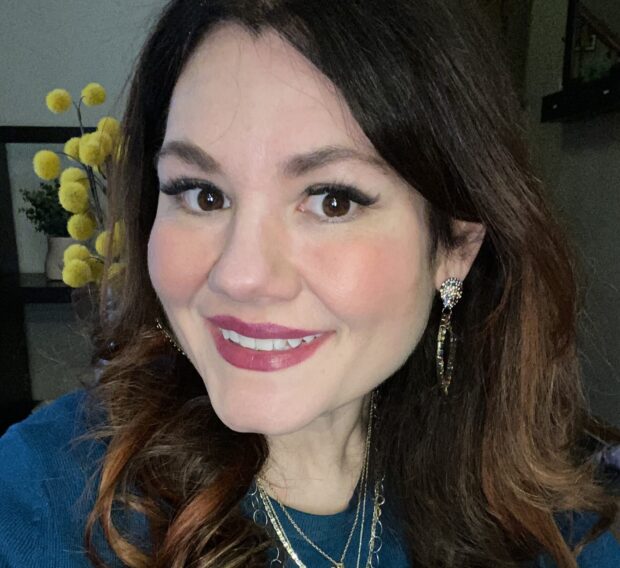 Kathryn
Kathryn
